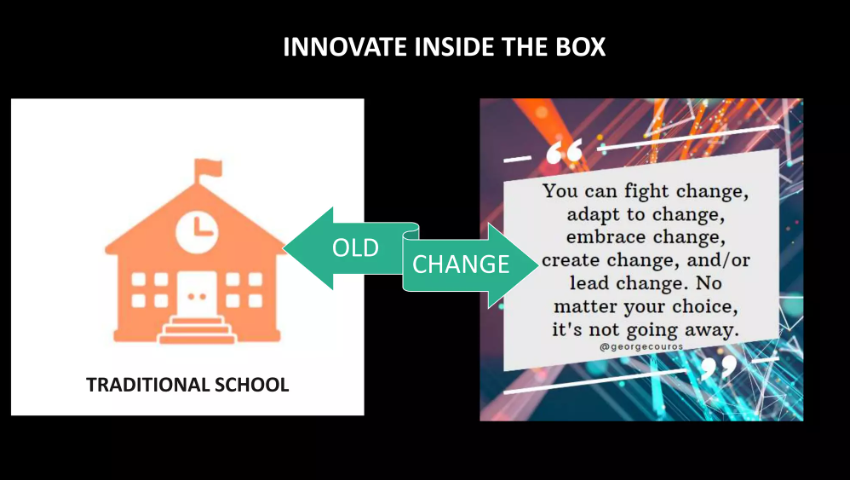Bett European TeachMeet 2023

Pupils are constantly glued to smartphone screens, often unaware of the negative consequences of their behaviour. This innovative project proved to be highly relevant to young people's daily lives. Teachers across five countries used digital tools and ICT activities to get their learners to discuss the dangers of extensive online exposure and think about ways to prevent future problems.
The Respectful, Responsible, Healthy, Online Communication Project was born out of the need to provide our students with a tool and some guidelines to be able to interact effectively using everyday digital communication tools. The students could get to know young people from other European countries, Spain, Greece, Lithuania and Portugal and discuss, work, and carry out a project with them. Partner schools were Liceo Giolitti Gandino Bra Italy (founder) , 3o Γυμνάσιο Κέρκυρας, Corfu, Greece, Kursenai Pavenciai School Lithuania, Manyanet Sant Andreu, Barcelona Spain.
English was the language used for project. Victor: 'This project was so interesting, and also a different way of working using the English language. It was fun making projects with people from other countries. At the beginning of the project, I didn't know any of the terms that we have learned, but now I feel more confident.'
We looked at Phubbing and Nomophobia. Phubbing is the act of ignoring someone you are with and focusing on your mobile phone instead. Researchers found almost half of relationships are affected by phubbing. Nomophobia comes from NO MObile PHone PhoBIA and is used to describe a psychological condition when people have a fear of being detached from mobile phone connectivity.